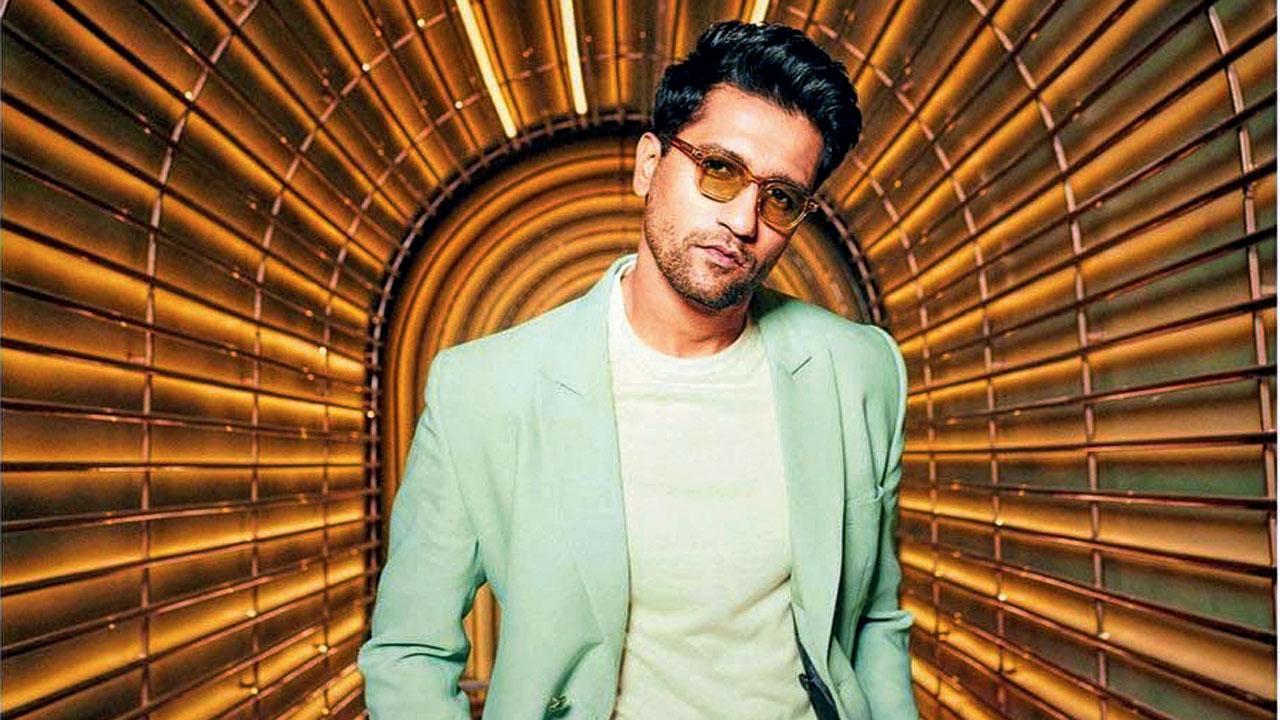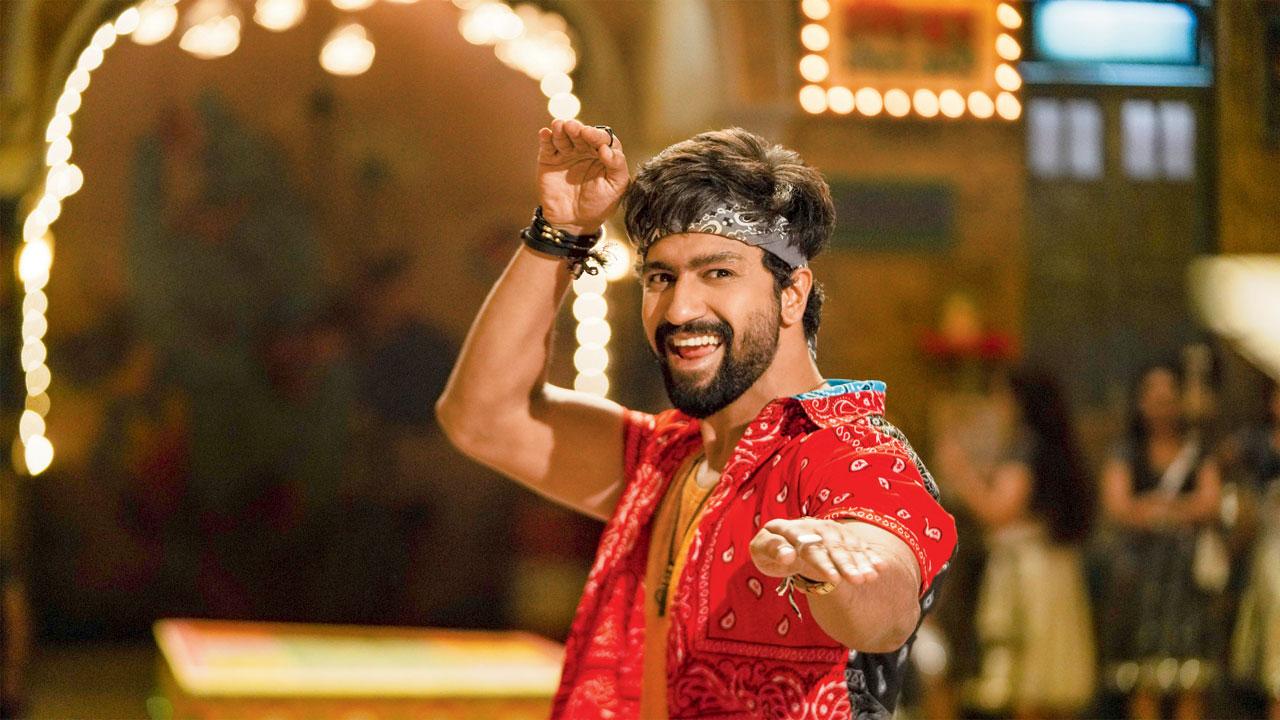A decade after he featured in his first film, Kaushal stars in his first comedy; actor talks about navigating the genre

Vicky Kaushal
While Varun Dhawan, Sidharth Malhotra, Ayushmann Khurrana, and Vicky Kaushal have all kicked off their careers in Bollywood a decade ago, one crucial aspect separates Kaushal’s journey from that of the rest — unlike the trio, he was not the face of his debut film, Luv Shuv Tey Chicken Khurana, which was front-lined by Kunal Kapoor.
Evidently then, Kaushal’s journey to becoming one of the most sought-after actor’s of the industry even in the absence of a competitive head start, is noteworthy. “It feels surreal. I’m extremely grateful,” says the actor ahead of the release of his next, Govinda Naam Mera.

In this journey that was fraught with obstacles, he recalls his time spent auditioning for roles, questioning his chances of bagging “a film if I couldn’t even crack a small ad”? When offers came his way, he admits he wasn’t afforded the luxury of choice. “When I got the role of young Omi [in my debut film], I was asked to join the shoot in two days. When Anurag sir [Kasyap] told me about a role in Bombay Velvet, I didn’t ask him any questions. If you want to make a career as an actor in Bollywood, [taking up roles without a second thought] could be a suicidal decision. But, I didn’t think that way,” says the actor, who grew to prominence following his act in Masaan (2015).
Govinda Naam Mera sits appropriately between a bunch of intense dramas like the previously released Uri: The Surgical Strike, and Sardar Udham, and the soon to release Sam Bahadur. “It balances things out,” he says, adding, “I felt the hunger to do something light-hearted. Even though [I wanted] a break from intense roles, when I was offered Govinda Naam Mera, I tried to decipher if the subject was one that would entertain me, if I was the viewer. [Only] if I enjoy it will I be able to think about ways to bring something new to the table.”
Shashank Khaitan’s directorial venture marks Kaushal’s first attempt at a fully-fledged comedy, a genre that he says actors “either nab, or just don’t”. “If the audience says an actor is trying too hard, that’s the worst feedback. Attempting the genre while carrying the pressure of making people laugh is [not appropriate]. So, comedy is indeed a serious business.” Apart from Khaitan’s guidance, he sought the advice of co-actors Renuka Shahane, Sayaji Shinde, Amey Wagh, and Vijay Ghelani. “They came together to create the needed vibe. On set, we would be joking around, pulling each other’s leg. That energy translated to the screen.”
 Subscribe today by clicking the link and stay updated with the latest news!" Click here!
Subscribe today by clicking the link and stay updated with the latest news!" Click here!










